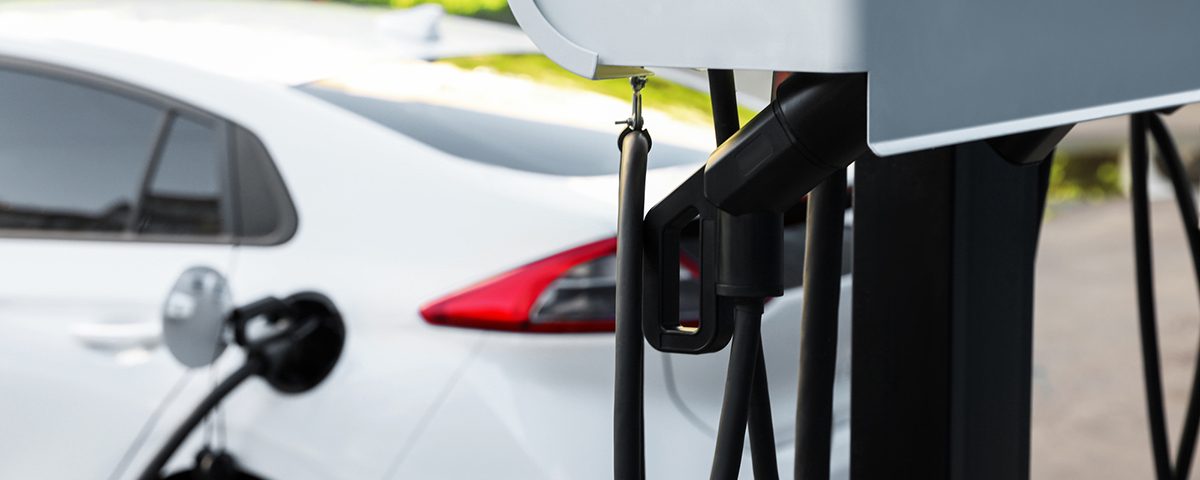- Corner Property Management, LLC
- 973.376.3925
- help@cp-management.com
EV Charging Stations at Multifamily Properties: Costs, Benefits, and Planning

The Pros and Cons of Electronic Voting in Housing Communities
March 3, 2022
How to Improve Communication in a Residential Community
April 7, 2022Electric Vehicles (EVs) are the future of driving. In fact, Bloomberg predicts that EVs will account for two-thirds of global car sales by 2040. Installing EV charging stations at multifamily properties is a long-term investment. And, it’s easier than you think! Subsidies, grants, and tax credits are affordable pathways to a more sustainable future.
FAQ: Who pays for EV Charging Stations?
Often the HOA or condo board is the one who organizes the installation of electronic vehicle (EV) charging stations in multifamily properties. However, a charger installed in one individual’s parking spot is that resident’s responsibility. For shared stations, the association can raise funds in several ways. For one, the State of New Jersey offers grants to install EV charging stations. After that, you can pass upkeep costs to those who use the stations. Finally, a flat monthly rate or per-kilowatt-hour fee covers the cost of energy consumption.
Benefits of EV Charging Stations
Demand for eco-friendly properties is on the rise. So, installing EV charging stations is a long-term investment. As EV sales grow, more and more residents will put charging stations on their “must-have” list when apartment hunting. Available chargers set your building apart from the competition.
Planning for Installation
First, determine how many stations your property needs and where to place them. Survey residents and find out who has an EV or would if they could charge at home. Knowing the numbers can help you decide between installing chargers in individual parking spots or several shared spaces in the garage. Also, look for a vendor who uses Open Charge Point Protocol (OCPP), the global standard for EV charging technology. OCPP-certified chargers mean you’re not reliant on one manufacturer’s proprietary software.
Sharing EV Charging Stations at Multifamily Properties
There are two ways to meter shared charging stations—dedicated and common. With dedicated metering, each resident pays for the electricity they use. Common metering measures usage in shared areas, and the property manager or building owner receives the bill. You can pay it as an included utility or charge a flat rate to EV drivers. It’s more cost-effective to use a common area meter for shared stations; however, it becomes difficult to determine a single user’s consumption. And as more and more people buy EVs, demand for charging stations will increase.
Adding EV Charging Stations in Your Community
In the end, EV charging stations at multifamily properties benefit the entire community by increasing the property values and justifying HOA fees and services. The first step in adding charging stations is starting the conversation with your community. Talk to your neighbors and see who is interested. When you’re ready, Corner Property Management can help through the entire planning and implementation process. We specialize in helping HOAs, condo boards, and master-planned communities innovate for the future. So, let’s make a plan together—call 973-376-3925.




